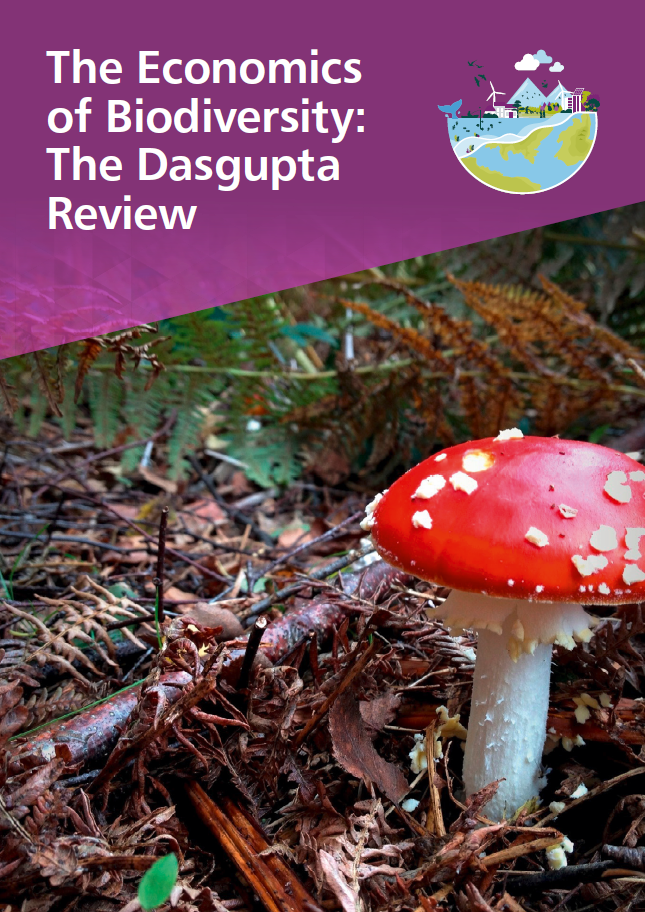Dasgupta Review of the Economics of Biodiversity Published
HM Treasury has today published the final report on The Economics of Biodiversity: The Dasgupta Review. The independent review has been led by Professor Sir Partha Dasgupta.

The headline messages from the report state:
- Our economies, livelihoods and well-being all depend on our most precious asset: Nature.
- We have collectively failed to engage with Nature sustainably, to the extent that our demands far exceed its capacity to supply us with the goods and services we all rely on.
- Our unsustainable engagement with Nature is endangering the prosperity of current and future generations.
- At the heart of the problem lies deep-rooted, widespread institutional failure.
- The solution starts with understanding and accepting a simple truth: our economies are embedded within Nature, not external to it.
- We need to change how we think, act and measure success.
- (i) Ensure that our demands on Nature do not exceed its supply, and that we increase Nature’s supply relative to its current level.
- (ii) Change our measures of economic success to guide us on a more sustainable path.
- (iii) Transform our institutions and systems – in particular our finance and education systems – to enable these changes and sustain them for future generations.
- Transformative change is possible – we and our descendants deserve nothing less.
The way we live our lives and what we value has been skewed too far and for too long in favour of finance and economics. Nature and healthy ecosystems underpin all life and all activities on Earth. The restoration of nature must have more primacy in decision-making across all sectors of society, and it must happen urgently. Business as usual is not an option.
The report has been welcomed by the UK Prime Minister and bodies such as Natural England and the Environment Agency.
The language used in the report will trouble some (asset management, portfolio management etc.), it is after all written by an economist, but he acknowledges that nature has both a use value and an intrinsic value, and that we must appreciate both.
We are pleased to see direct links made to the climate emergency and nature-based solutions, and to a Green Recovery from the COVID-19 pandemic.
The Dasgupta Review is just part of the process moving us in the right direction, which coincides with this year’s World Environment Day theme of the Decade of Ecosystem Restoration. Of critical importance on the world stage will be the agreements reached by governments at the forthcoming UN CBD COP15 and UN FCCC COP26 this year.
CIEEM represents and supports the biodiversity professionals who are already working to protect, enhance and restore the natural world. We will continue to do so, and will show others the way.
